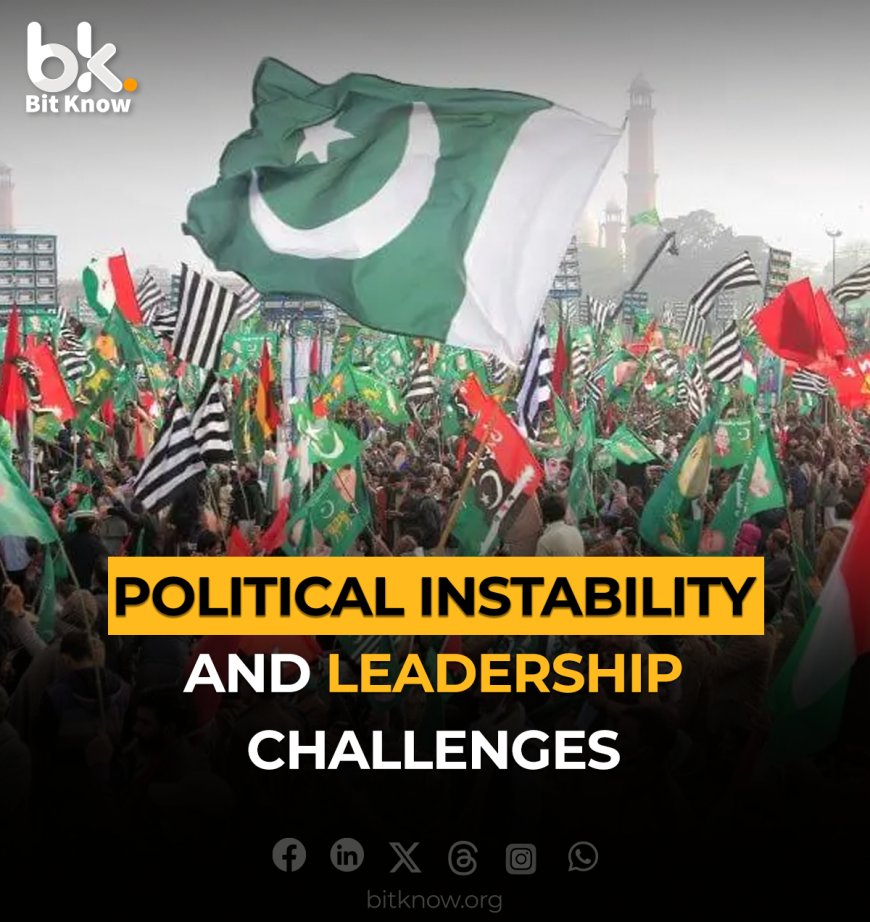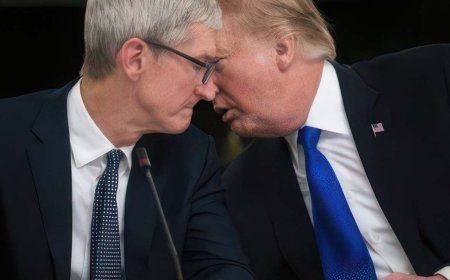Political instability and leadership challenges
Pakistan's political scene has always been marked by intense polarization and shifting allegiances, but recent events have highlighted a new level of instability.

Pakistan's political scene has always been marked by intense polarization and shifting allegiances, but recent events have highlighted a new level of instability. The political landscape has been dominated by the ongoing saga of Imran Khan, Pakistan Tehreek-e-Insaf (PTI) party leader and former Prime Minister, whose disqualification and legal troubles have cast a long shadow over the country's governance. Khan’s downfall is seen by many as a consequence of his clash with the military establishment and his defiant stance on foreign policy, particularly regarding relations with the United States. His removal from office and subsequent arrest on various charges triggered mass protests, shaking the foundations of Pakistan’s political stability. These events have also exposed the fragile nature of Pakistan’s political system, which has struggled to balance the forces of democracy with the influence of powerful institutions like the military.
The political uncertainty is compounded by Pakistan’s severe economic crisis. Inflation, a rising debt burden, and a struggling currency have made life increasingly difficult for the average Pakistani. In such a context, the political leadership's ability to manage these crises has been called into question. The government's reliance on the International Monetary Fund (IMF) for financial assistance has further alienated the public, with austerity measures hurting vulnerable communities. The political class remains deeply divided on how to address these issues, and many citizens feel disconnected from the promises of their leaders. This economic hardship, in turn, fuels the political unrest, as various factions attempt to take advantage of the government's inability to stabilize the nation.
Adding complexity to this turbulent situation is the role of the military. Pakistan’s armed forces have historically held significant sway over the country’s political decisions, and that influence remains potent today. There has been a noticeable shift in the relationship between the military and the civilian government. At times, the military has been accused of directly intervening in political affairs, undermining the democratic process. The recent instability has led to increasing speculation that the military may once again play a central role in resolving the crisis, either through direct intervention or by pressuring political leaders to come to a consensus. The military’s presence in the political arena continues to be a point of contention, with critics arguing that it has stifled democratic progress for decades.
Another critical aspect of the current situation is the judiciary’s involvement in political matters. The judicial system has been increasingly seen as a pivotal player in the unfolding crisis. Decisions regarding Khan’s legal challenges and the disqualification of PTI lawmakers have sparked debates about the independence of the judiciary and its role in shaping political outcomes. Many argue that the judiciary's actions, at times, appear to be influenced by political motives, further complicating the political equation. The public, divided in its loyalty, has expressed frustration with the judicial system's role in prolonging instability and creating political gridlock.
In the face of mounting economic challenges and political division, the ability to conduct free and fair elections will be crucial for restoring confidence in the political system. There are growing calls for reform, transparency, and accountability within the political and judicial spheres to pave the way for a more stable and democratic future. However, the road ahead will require compromise, dialogue, and a rebalancing of power among the political, military, and judicial branches of government.
In conclusion, Pakistan’s current political crisis underscores the deep-seated challenges facing the country. From leadership struggles and economic distress to the military’s influence and judicial decisions, the country’s political fabric is under intense strain. Moving forward, it is essential for all stakeholders to engage in dialogue and work toward reform in order to restore political stability, economic resilience, and public trust in the democratic process. Only then can Pakistan hope to chart a course toward lasting peace and prosperity.
Written by: Amna Nawaz (Punjab University.)
What's Your Reaction?











































































































